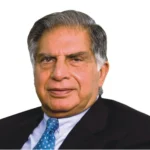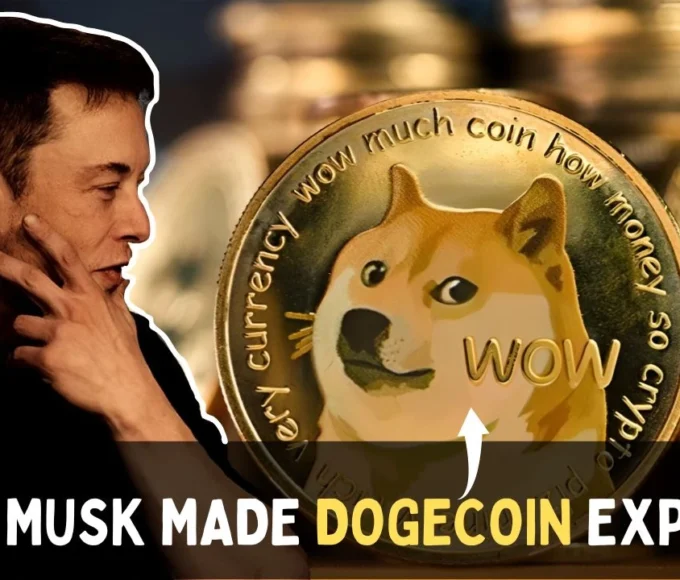@infoinsightwave
BusinessNews
 infoinsightwave.comOctober 10, 20244 Mins read125 Views
infoinsightwave.comOctober 10, 20244 Mins read125 Views
Tribute to Mr. Ratan Tata: A Visionary Leader Who Changed India and the Whole World

Recent Posts
Related Articles
Business
How Reducing Food Waste Can Skyrocket Economic Growth and Save the Planet!
Food waste is a pervasive issue that impacts societies across the globe,...
Byinfoinsightwave.comNovember 25, 2024
Business
Elon Musk Made Dogecoin Explode—Here’s How
When it comes to cryptocurrencies, few names generate as much buzz as...
Byinfoinsightwave.comNovember 23, 2024
Business
What is trading business?
Trading has been one of the oldest forms of commerce; most of...
Byinfoinsightwave.comOctober 14, 2024
News
Bomb Threat Forces Air India Flight to Make Emergency Landing in Delhi
In the case we are looking at, an Air India flight from...
Byinfoinsightwave.comOctober 14, 2024












Leave a comment